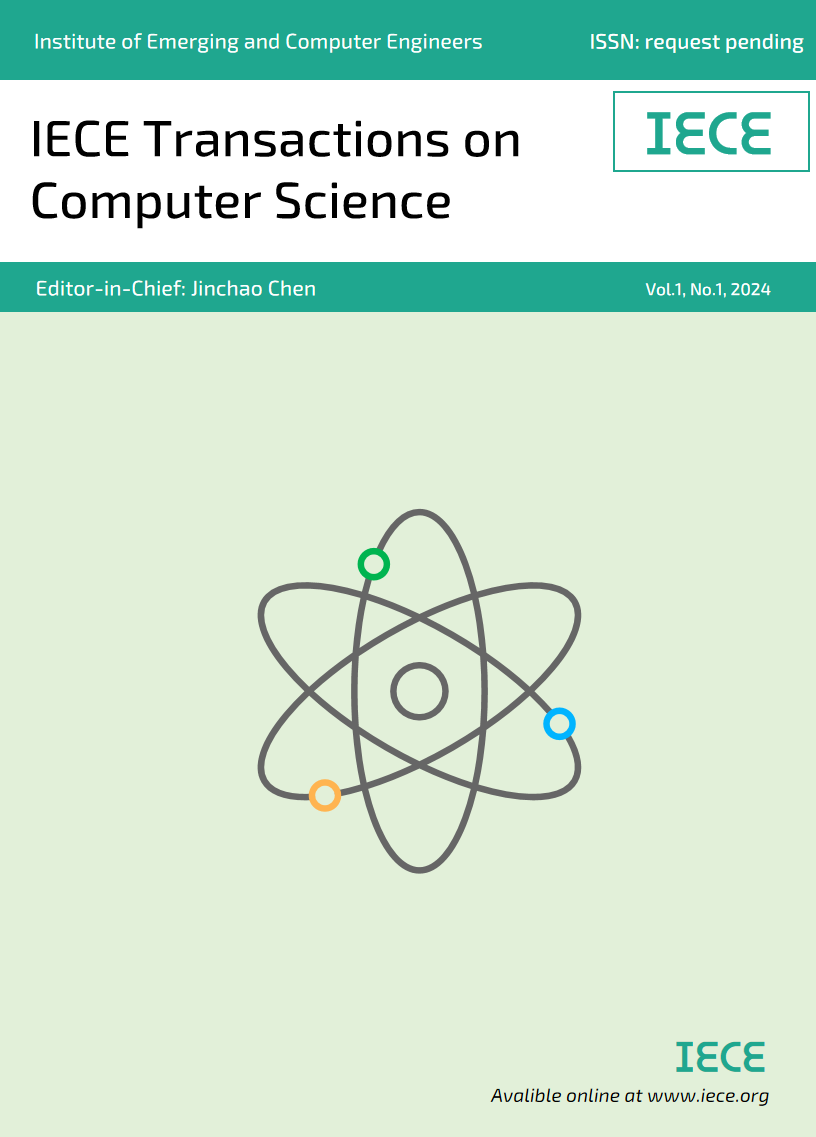IECE Transactions on Computer Science
ISSN: request pending (Online)
Email: [email protected]


 Submit Manuscript
Edit a Special Issue
Submit Manuscript
Edit a Special Issue
[1] Xiao, L.(2021).A discussion of the effective teaching of Vocabulary in University. Overseas English(04),150-151.
[2] Ma, X., Wang, Y., Wang, Y., Cai, X., & Han, Y. (2022). Survey on chiplets: interface, interconnect and integration methodology. CCF Transactions on High Performance Computing, 4(1), 43-52.
[3] Qu, S., Li, B., Wang, Y., Xu, D., Zhao, X., & Zhang, L. (2020, July). RaQu: An automatic high-utilization CNN quantization and mapping framework for general-purpose RRAM accelerator. In 2020 57th ACM/IEEE Design Automation Conference (DAC) (pp. 1-6). IEEE.
[4] Li, W., Wang, Y., Li, H., & Li, X. (2019, January). P3M: a PIM-based neural network model protection scheme for deep learning accelerator. In Proceedings of the 24th Asia and South Pacific Design Automation Conference (pp. 633-638).
[5] Wang, Y., Han, Y., Zhang, L., Li, H., & Li, X. (2015, June). ProPRAM: exploiting the transparent logic resources in non-volatile memory for near data computing. In Proceedings of the 52nd Annual Design Automation Conference (pp. 1-6).
[6] Cortés-Morales, S. The (Common) Worlds of Dragons: Nature, Humans, and the Anthropocene in Children’s Films. In Film Landscapes of Global Youth (pp. 142-155). Routledge.
[7] Yang, X. (2020). The Cultivation of Chinese learners’ English writing Competency through learning-oriented assessment. Theory and Practice in Language Studies, 10(10), 1227-1233.
[8] Sun, Z., Anbarasan, M., & Praveen Kumar, D. J. C. I. (2021). Design of online intelligent English teaching platform based on artificial intelligence techniques. Computational Intelligence, 37(3), 1166-1180.
[9] Leech, G. (1974/1981).Semantics. Harmondsworth: Penguin.
[10] Qi, Q.(2017).Teaching Methods: The Explanation of Concepts. The Study of Education(01),95-105.
[11] Quinn, B., Colombo, A., Lindström, K., McGillivray, D., & Smith, A. (2021). Festivals, public space and cultural inclusion: public policy insights. Journal of Sustainable Tourism, 29(11-12), 1875-1893.
[12] Yuan, H. Li, Q.(2015).The Influence of Task and Exploring Ability on The Exploratory Behavior of Users. Information Work in Library(15):94-104
[13] Walsh, D., & Paul, R. W. (1986). The Goal of Critical Thinking: from Educational Ideal to Educational Reality.
[14] Bozkurt, A. (2019). From distance education to open and distance learning: A holistic evaluation of history, definitions, and theories. In Handbook of Research on Learning in the Age of Transhumanism (pp. 252-273). IGI Global.
[15] Patton, G. S. (1995). War as I knew it. Houghton Mifflin Harcourt.
[16] Wang, Z.F. (1998).Introduction to Chinese Context. Guangzhou: Nanfang Press.
[17] Gondal, U. H., & Husain, T. (2013). Research Article A Comparative Study of Intelligence Quotient and Emotional Intelligence: Effect on Employees’ Performance. Asian journal of Business management, 5(1), 153-162.


Portico
All published articles are preserved here permanently:
https://www.portico.org/publishers/iece/